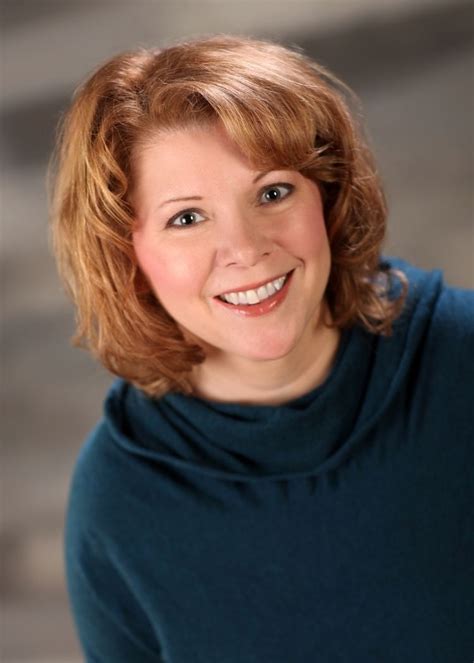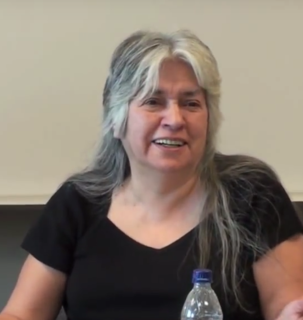A Quote by John Burroughs
To treat your facts with imagination is one thing, to imagine your facts is another.
Related Quotes
[The scientist] believes passionately in facts, in measured facts. He believes there are no bad facts, that all facts are good facts, though they may be facts about bad things, and his intellectual satisfaction can come only from the acquisition of accurately known facts, from their organization into a body of knowledge, in which the inter-relationship of the measured facts is the dominant consideration.
What are the facts? Again and again and again – what are the facts? Shun wishful thinking, ignore divine revelation, forget what “the stars foretell,” avoid opinion, care not what the neighbors think, never mind the unguessable “verdict of history” – what are the facts, and to how many decimal places? You pilot always into an unknown future; facts are your single clue. Get the facts!
Look at your hand. Its structure does not match the structure of assertions, the structure of facts. Your hand is continuous. Assertions and facts are discontinuous.... You lift your index finger half an inch; it passes through a million facts. Look at the way your hand goes on and on, while the clock ticks, and the sun moves a little further across the sky.
Facts are neutral until human beings add their own meaning to those facts. People make their decisions based on what the facts mean to them, not on the facts themselves. The meaning they add to facts depends on their current story … facts are not terribly useful to influencing others. People don’t need new facts—they need a new story.
Reading things that are relevant to the facts of your life is of limited value. The facts are, after all, only the facts, and the yearning passionate part of you will not be met there. That is why reading ourselves as a fiction as well as fact is so liberating. The wider we read the freer we become.
I think the arts has great potential to create citizens. Citizenship is about the direction your imagination travels. We can't plan or calculate or examine citizenship; it's an imagined thing. Community is an imagined thing. And if your imagination isn't working - and, of course, in oppressed people that's the first thing that goes - you can't imagine anything better. Once you can imagine something different, something better, then you're on your way.


































